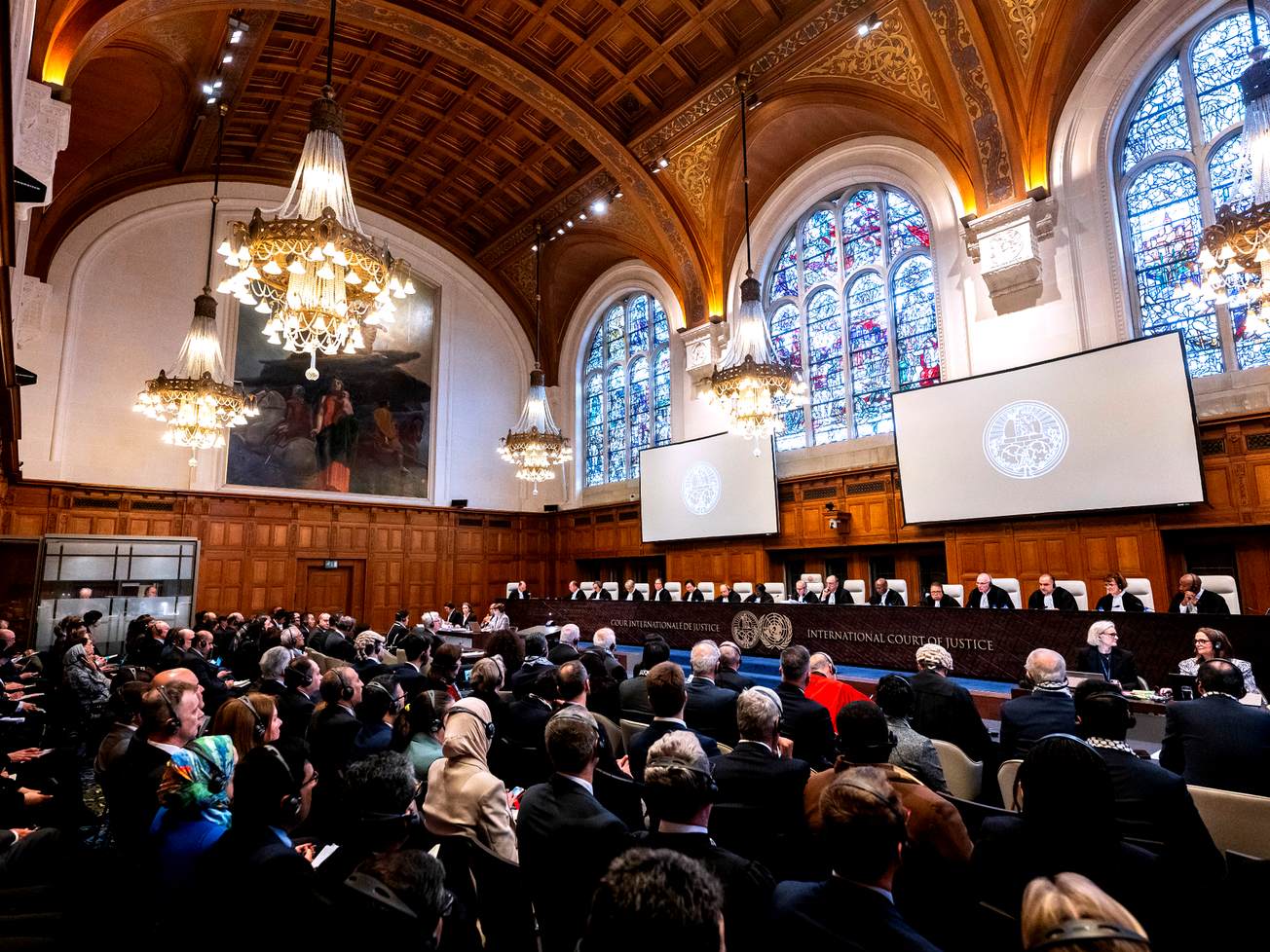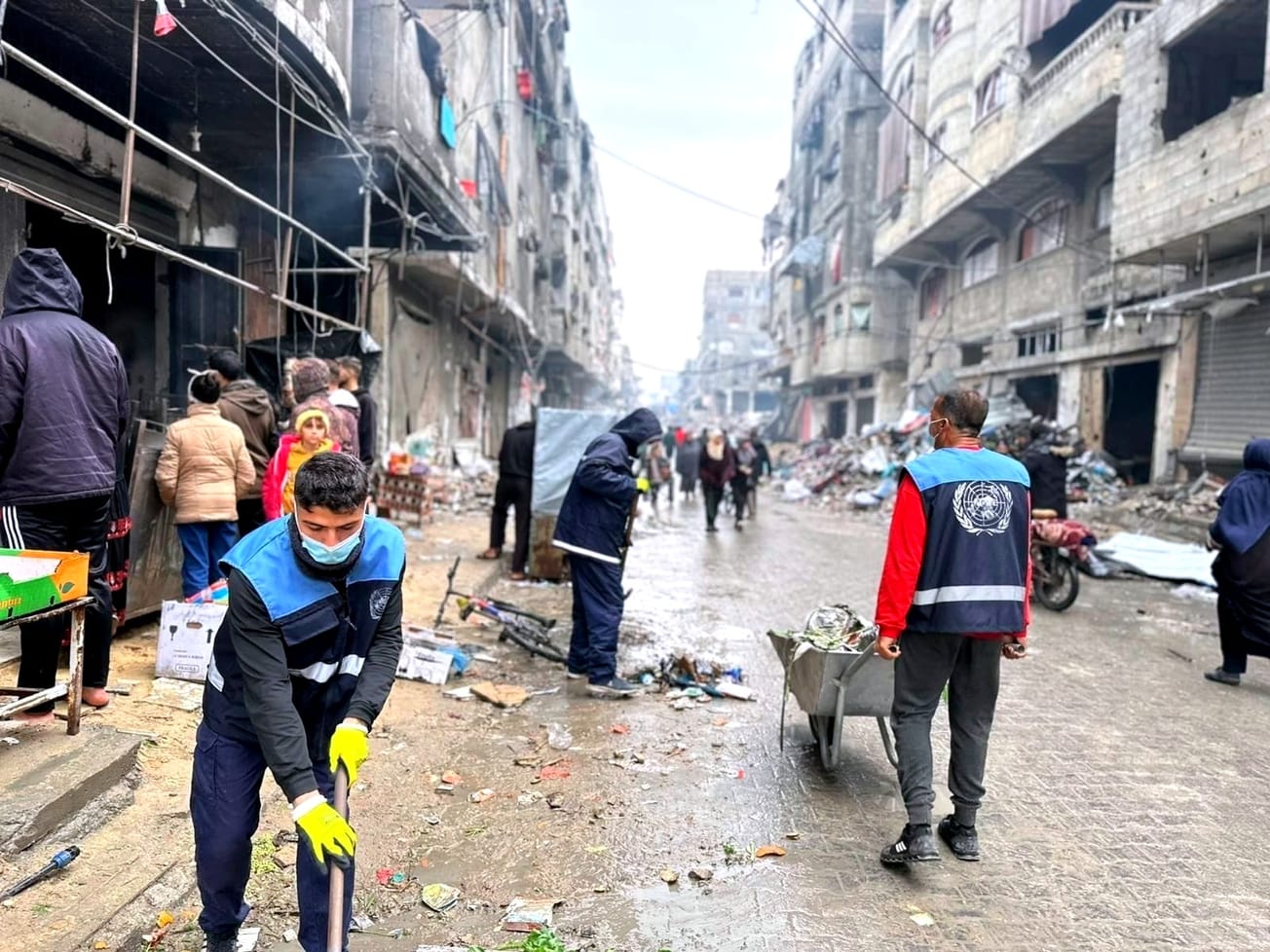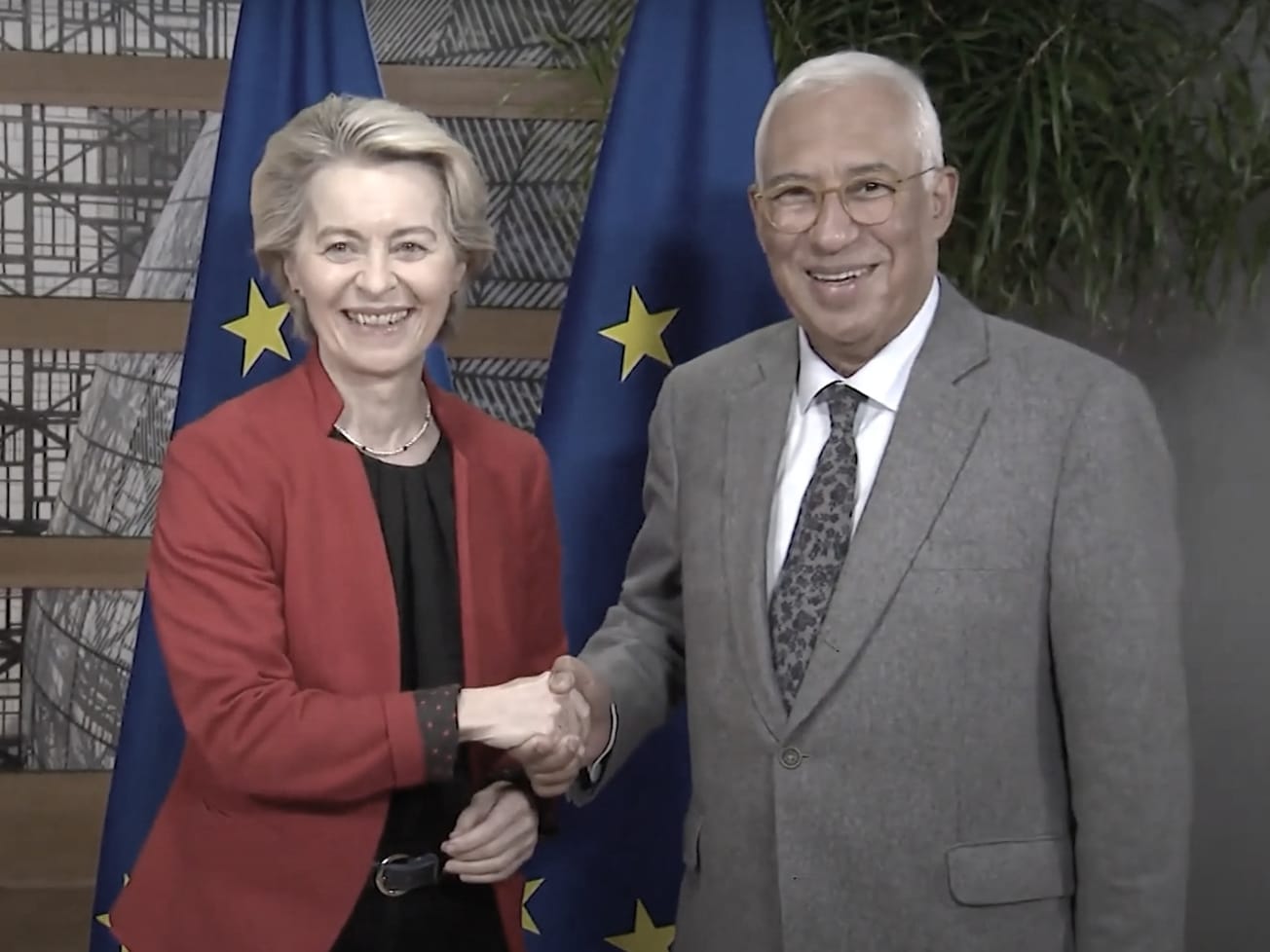Over six days, a clear picture emerged from public hearings held by the United Nations’ highest court before offering its non-binding legal opinion toward Israeli-occupied lands: the majority of nations side with Palestine.
The Hague-based International Court of Justice ended its historic proceedings on Monday after listening to statements from Palestine, 49 U.N. member nations and three international organizations: the Arab League, Organization of Islamic Cooperation, and African Union.









